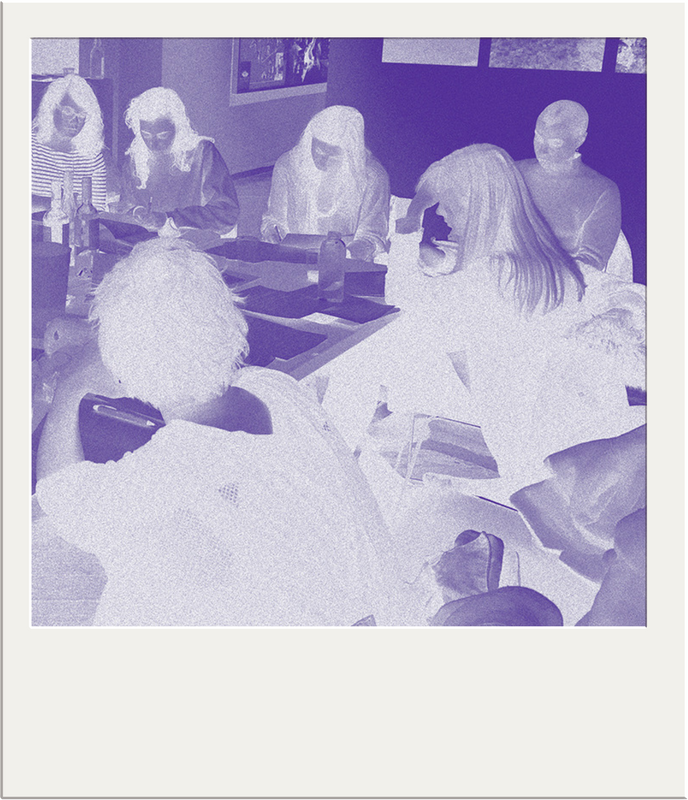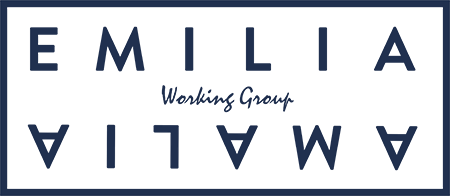
EMILIA-AMALIA SESSION VII:
WE AREN’T HERE TO LEARN WHAT WE ALREADY KNOW
Wednesday, 8 February 2017, 6–9 PM
Following Kyla Wazana Tompkins’s call for questions that “move from theory to the world,” this session will consider the kinds of questions we want to pose to texts, to ourselves, and to one another. Deploying her strategy of editing and revising questions, the writing activity invites participants to craft questions that might serve as mandates for the future work of the group.
This session is part of a five-session arc inspired by Kyla Wazana Tompkins’s essay, “We Aren’t Here to Learn What We Already Know,” that explores strategies for asking questions as a political and feminist practice.
In this next chapter, EMILIA-AMALIA shifts our focus from reading texts together to writing and acting together. These sessions will examine how feminism can manifest in a daily “practice of doing” that allows participants to take space and make space for one another’s experiences. Each session will consider the different modes of questioning that shape our relation to the world, to ourselves and to our feminisms.
EMILIA-AMALIA asks:
- What are the questions we need to ask to learn what we don’t already know?
- How can questions work to dismantle white supremacy and give authority to the voices and experiences of women of colour, indigenous peoples and trans communities?
- Who has been marginalized and obscured in the conventional history of Anglo-American second wave feminism, and how do we refuse to inherit these legacies?
- What could we learn from other generations of feminists if we asked the right questions?
- If equality is insufficient as a goal because it presumes a sameness between women, how can we stage disparity and difference as generative forces in our relationships with one another?
- What does it mean to take up space on the page, online, in public forums by asking questions?
- What does visibility and vocality mean in a post-Internet age of hyper-visualization?
- How can we shift public conversations by taking the authority to ask meaningful questions and to actively challenge racist, sexist, classist, and transmisogynist statements?
Upcoming sessions will pose these questions, and invite many more through writing activities, group discussions, film screenings, a workshop on oral histories/interviewing and public interventions. “How to Ask A Question” will culminate in a series of chapbooks, featuring reports by invited writers and contributions from participants based on the in-session writing activities, published in Fall 2017. All are welcome to join the sessions, regardless of past participation.
Text: Kyla Wazana Tompkins’s “We Aren’t Here to Learn What We Already Know” (Please read in advance)
Writing Activity: What can we ask of and from feminism?
